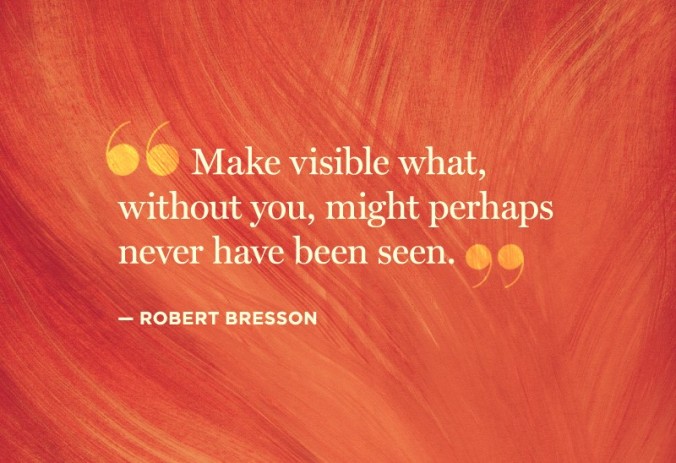Unit 5 Final Blog Post
A Return to My Thesis
As I end my blog, I am called to revisit my thesis because it has framed my thoughts. The perpetuation of inequality is the root of all evil. It distances us from each other, destroys our relationship with God, and halts any semblance of progress for civilization.
So has there been any progress for civilization? That is the million dollar question. Well if we return to the American history books, we know that on July 2, 1964 (less than a year after President John F. Kennedy was assassinated) the Civil Rights Act was signed by President Lyndon Johnson. Present in the room that day was also Martin Luther King Jr. The act banned discrimination on the basis of race, color, religion, sex, or natural origin. It also ended segregation in work, school, and public places. This was a turning point in world history.
Or, was it? Let us take a closer look at the “progress we have made”.
- American whites still hold 88% of the country’s wealth.
- According to a 2013 UCLA Law study, up to 43% of LGBT workers reported being fired, denied promotions or harassed because of their gender.
- In Saudi Arabia women are still not permitted to drive a car.
- In 2001, the world was enlightened by the practice of men in Kashmir, Pakistan to throw acid on the faces of women who did not dress in the required head to toe burqas.
- In Iran, Egypt, and Lebanon, the decision making is exclusively controlled by men, leaving women and children to face extreme oppression.
- According to a 2009 study by the Williams Law Institute, 25.8% of visible minorities reported abuse or discrimination while attending class or school in comparison to 15.2% of their non-visible counterparts.
- According to a 2013 study by the USA Sentencing Commission, black men receive prison sentences 19.5 % longer than their white counterparts who are convicted of a similar crime.
It took until 1990 for Americans to pass the Americans with Disabilities Act. In March of this past year, our own Canadian government just issued a statement indicating that they plan to table a similar piece of legislation. At present nothing exists. I am completely divided in thought. Why on earth has it taken so long to recognize and respond to the needs of the disabled? At the same time, I am perplexed as to why we need a law at all. Can we not be compassionate towards those in need without having a law to make us do it? I assume not.
One of my favorite quotes by Maya Angelou is “when you know better, you do better.” So what is wrong with us? Why don’t we know any better? I like to think we do know better but apathy plays a part in our actions. When we have a lack of concern or a disinterest in action, nothing is accomplished.
Sometimes “doing nothing” is an option because the solutions can be found in the quiet stillness. However, for a vast majority of the time, it is best to say that when we do nothing, we have indeed done something. We have let our “lack of action” loudly proclaim our stand because we have silently shouted that “we are fine with the way things are.”
We can do better, we must do better, and we will do better.
References
Angelou, Maya. I Know Why the Caged Bird Sings. New York: Random House, 1970. Print.
http://listverse.com/2008/11/20/10-extreme-examples-of-gender-inequality.
http://www.huffingtonpost.com/2014/07/02/civil-rights-act-anniversary-racism-charts_equality/
http://williamsinstitute.law.ucla.edu/headlines/research-on-lgbt-workplace-protections/.
http://www.statcan.gc.ca/pub/89-503-x/2010001/article/11527/tbl/tbl017-eng.htm.
